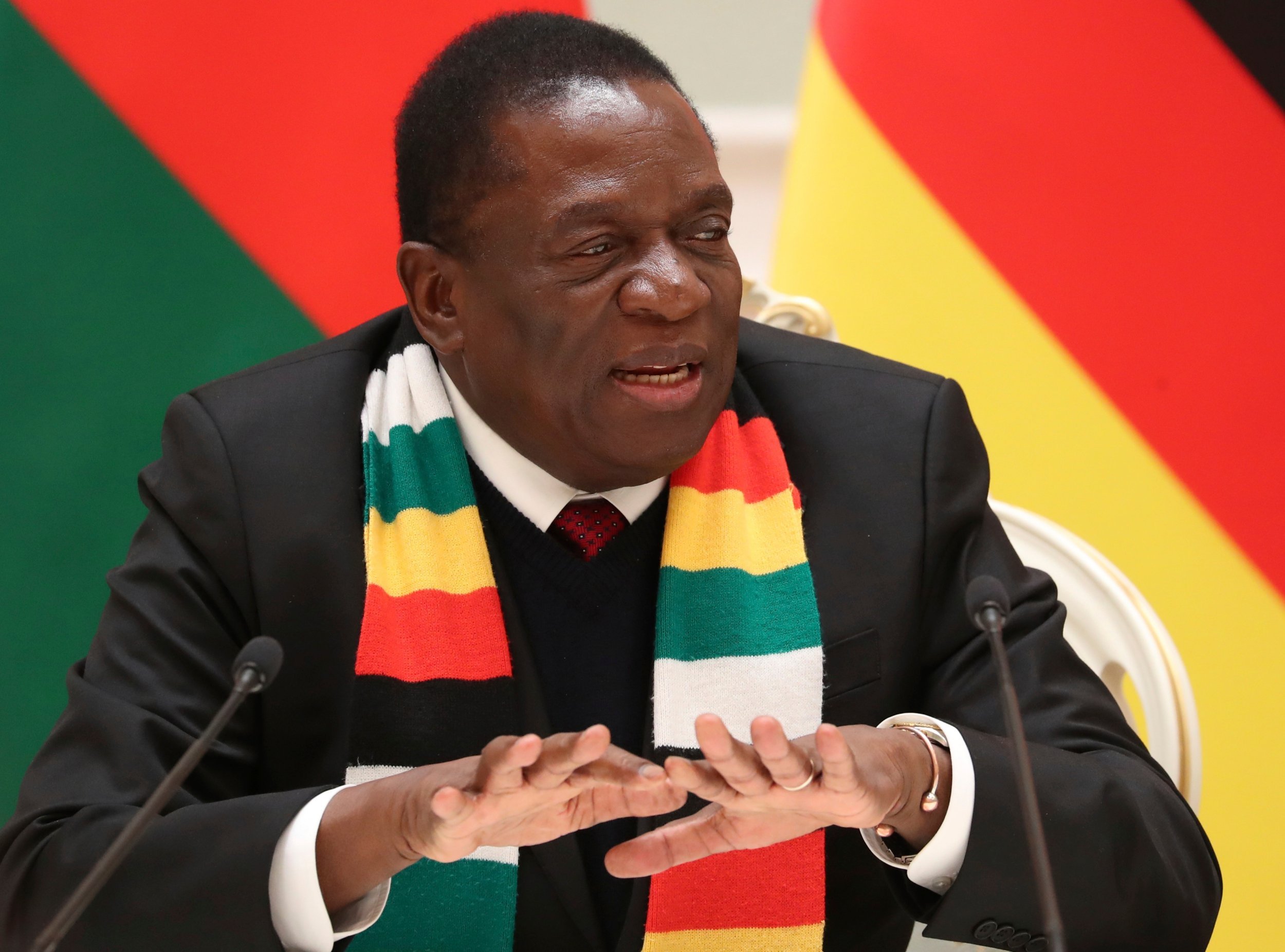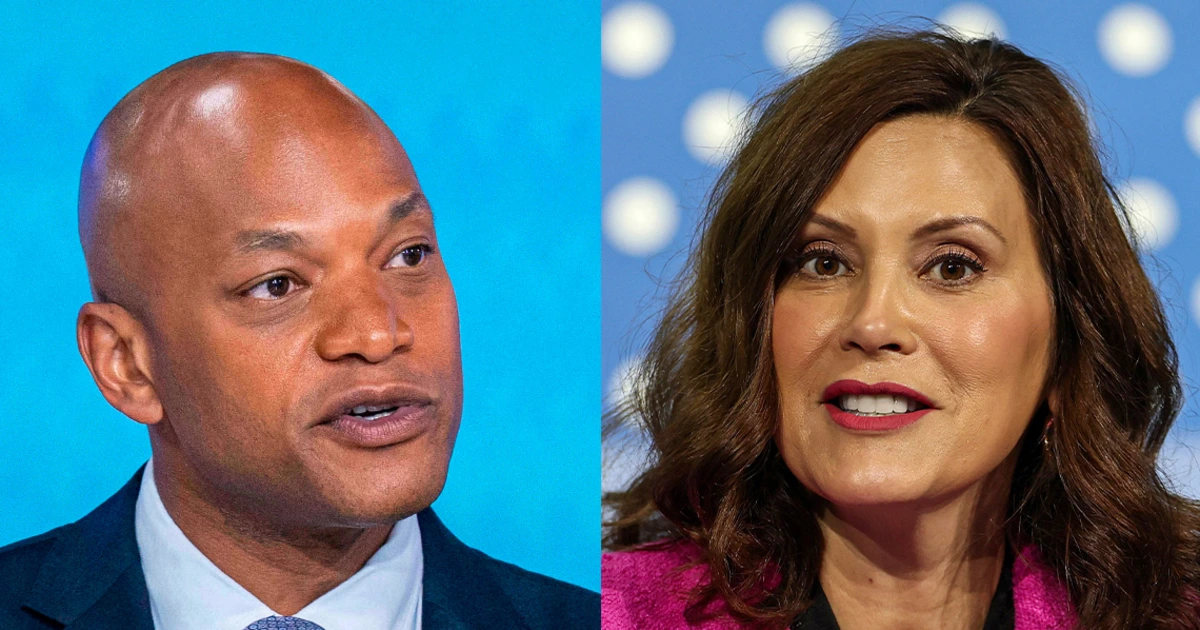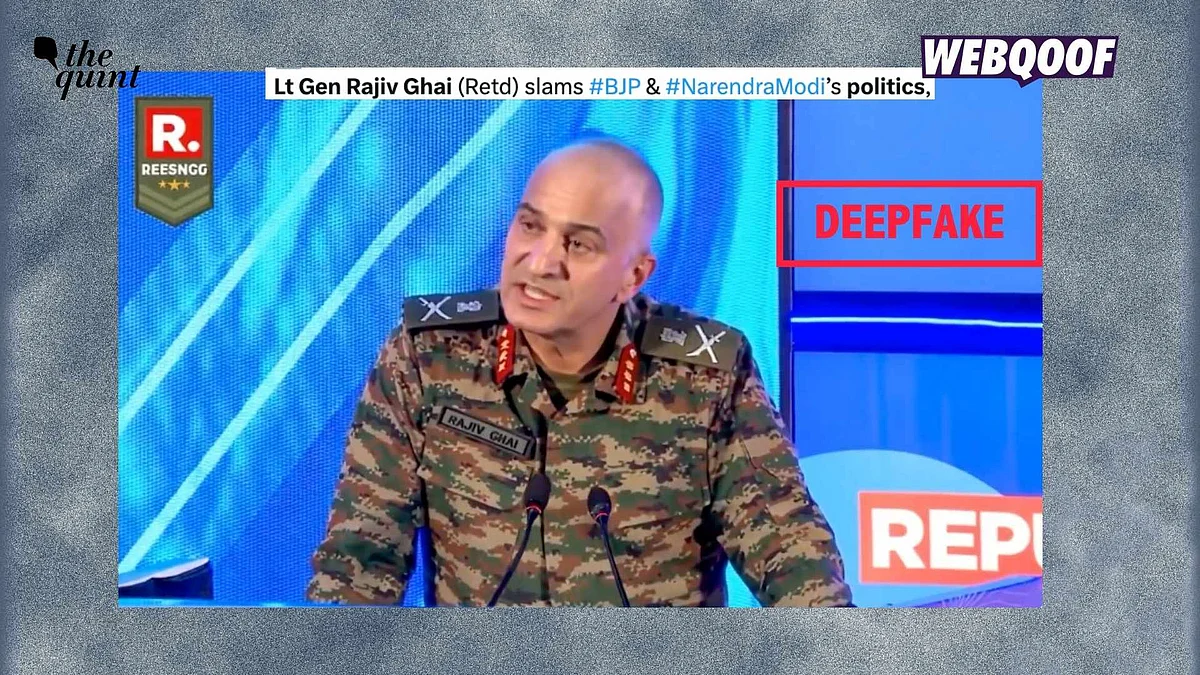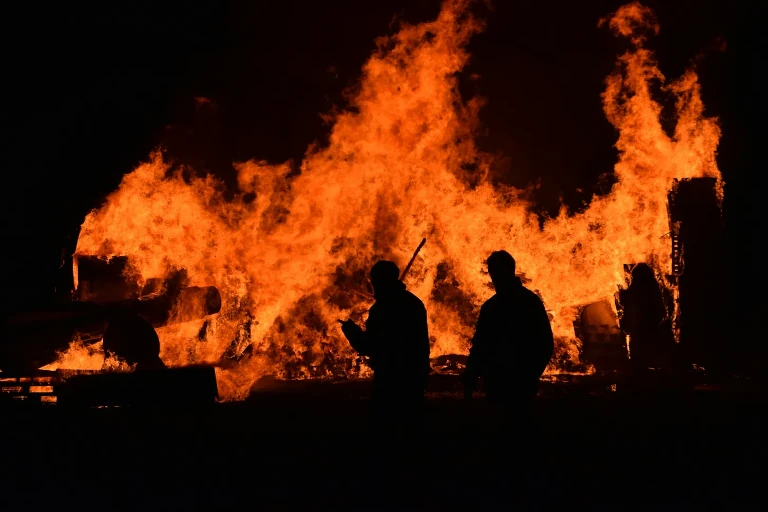Copyright zimeye

By James Gwati — President Emmerson Mnangagwa has dismissed another group of senior ZANU-PF officials linked to his deputy, Vice President Constantino Chiwenga, in what party insiders describe as part of a broader strategy to weaken the retired general’s political base ahead of next year’s crucial elective congress. The purge was confirmed during the just-ended 22nd ZANU PF Annual National People’s Conference held in Mutare last week, where delegates endorsed the expulsion of five high-ranking officials — including former Central Committee member and liberation war veteran Blessed Geza. Geza, once a loyal party stalwart, had in recent years become an outspoken critic of Mnangagwa’s leadership. According to the Central Committee Report tabled by Mnangagwa, the conference ratified a series of disciplinary measures — ranging from expulsions and suspensions to demotions and acquittals. ZANU PF national chairperson and head of the National Disciplinary Committee, Oppah Muchinguri-Kashiri, told delegates that the committee had handled 30 disciplinary cases during the review period, including two appeals. Those expelled include Geza and Gifford Gomwe from Mashonaland West Province, both accused of “undermining the authority of the President.” Others shown the door were Kudakwashe Gopi of Masvingo Province, and Victor Maningi and Spencer Mutero from Harare Province. Geza’s Background and the Growing Rift Blessed Geza, a respected war veteran who served in the Zanla forces during the liberation struggle, was known as a vocal defender of ex-combatants’ welfare. After independence, he rose through the party ranks to become a Central Committee member. However, his relationship with the Mnangagwa-led leadership soured after he began publicly criticising corruption, patronage, and what he described as the “commercialisation of loyalty” within ZANU PF. Party insiders say Geza’s closeness to Vice President Chiwenga made him a political target. Both men share strong liberation war credentials and have long-standing ties within the military establishment. Geza’s dismissal is therefore seen as part of a wider campaign by Mnangagwa to neutralise Chiwenga’s remaining loyalists within the ruling party. Mnangagwa–Chiwenga Power Struggles Tensions between Mnangagwa and Chiwenga date back to the aftermath of the 2017 military-assisted transition that toppled Robert Mugabe. Although the two men worked together during the coup, their alliance quickly fractured amid competing ambitions over succession, control of the security sector, and access to state resources. Chiwenga, who commanded the military during the 2017 intervention, was initially regarded as Mnangagwa’s kingmaker. However, as the new administration consolidated power, the former army chief was increasingly sidelined. Mnangagwa has since reshuffled the security apparatus, reassigned senior military figures, and placed loyalists in key party and state institutions to tighten his grip. Analysts view the latest expulsions as a continuation of this power struggle. “Mnangagwa is systematically eroding Chiwenga’s influence ahead of the party’s elective congress,” a Harare-based political analyst, Tirivangani Gunda, told ZimEye. “By targeting his allies through party disciplinary processes, the President is ensuring that no alternative power centre emerges within ZANU PF.” Broader Political Implications The latest expulsions have revived fears of renewed factional tensions reminiscent of the divisions that paralysed ZANU PF before Mugabe’s downfall in 2017. War veterans, once Mnangagwa’s key constituency, are increasingly divided — with some accusing the party leadership of abandoning the liberation ethos and concentrating power in a narrow elite. Observers warn that if the rift between Mnangagwa and Chiwenga continues to widen, it could unsettle internal party cohesion and heighten instability within the ruling establishment. With the next ZANU PF elective congress looming, the ongoing purges signal a decisive phase in Mnangagwa’s consolidation of power — but they also risk alienating influential figures within the military and war veterans’ circles, potentially reigniting tensions that have shaped Zimbabwe’s volatile post-coup politics.



